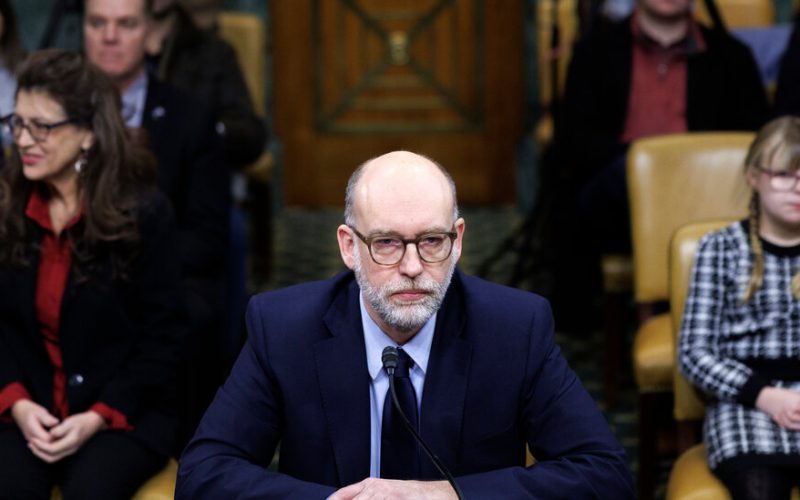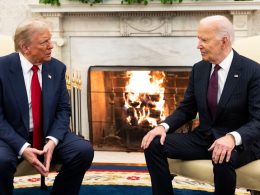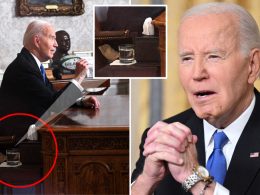Russell T. Vought, President Trump’s nominee to run the Office of Management and Budget, told Senate lawmakers in a confirmation hearing on Wednesday that he supported work requirements for low-income Americans receiving publicly subsidized health insurance, a policy that Mr. Trump pursued in his first term but that the Biden administration mostly reversed.
The comments suggested that the Trump administration was likely to seek a broad overhaul of how the federal government administers Medicaid, the joint federal-state health insurance program for more than 70 million people. They also signaled that work requirements were likely to become a focal point in Mr. Trump’s approach to the American safety net.
Mr. Vought cited as a model the welfare reform bill signed into law in 1996, which required low-income Americans to prove they were working before receiving safety net benefits.
“It’s informed not only Medicaid, but other programs, to be able to encourage people to get back into the work force, increase labor force participation and give people again the dignity of work,” he told members of the Senate Budget Committee.
Democrats have been sharply critical of adding work requirements to Medicaid, saying that they require complex enrollment procedures that make it hard to secure and maintain coverage, shutting out people with no other options for health insurance. Most Medicaid recipients are already working, while many of those who don’t are taking care of family or managing debilitating health conditions.
Estimates from the Congressional Budget Office say Medicaid work requirements would cause roughly 600,000 people to become uninsured, but would cut federal spending by at least $100 billion over a decade.
Congressional Republicans seeking spending cuts have repeatedly introduced legislation with such requirements, and have said that they are again considering the requirements as they work toward a major tax bill this year.
Mr. Vought, who wielded vast influence leading the budget office in Mr. Trump’s first term, could become one of the most influential figures in the second Trump administration. With an expansive view of his office, he has vowed to shrink the government, cut down its work force and claim “impoundment” authority to claw back funding for government agencies.
He has long supported enacting work requirements in Medicaid. As he promoted a Trump administration budget proposal in 2020, he told reporters that a universal work requirement for Medicaid recipients would “ensure that we are helping to lift able-bodied adults off of a cycle of dependency and onto a ladder of economic opportunity.”
During the first Trump administration, about a dozen states received federal permission to impose Medicaid work requirements, but were stopped by legal challenges. Arkansas was the first state to enact the change, but a disorganized rollout led thousands of recipients to lose coverage. The program was later struck down in court.
The Biden administration forbade states from instituting work requirements. Georgia, which has prevailed over legal challenges, is the lone state to operate them in Medicaid, but its program has been plagued by dysfunction and low enrollment.
Democrats in the Wednesday hearing repeatedly brought up Republican threats to cut Medicaid. Senator Jeff Merkley of Oregon, the top Democrat on the panel, cited the Arkansas example as a warning of how work requirements are put into practice. “Health care encourages people to work when they need to get better health in order to work,” he said.








